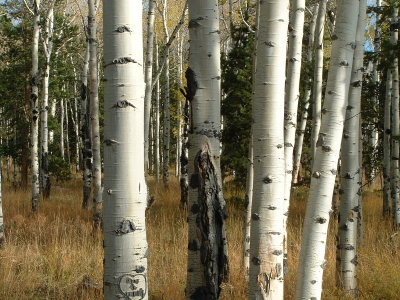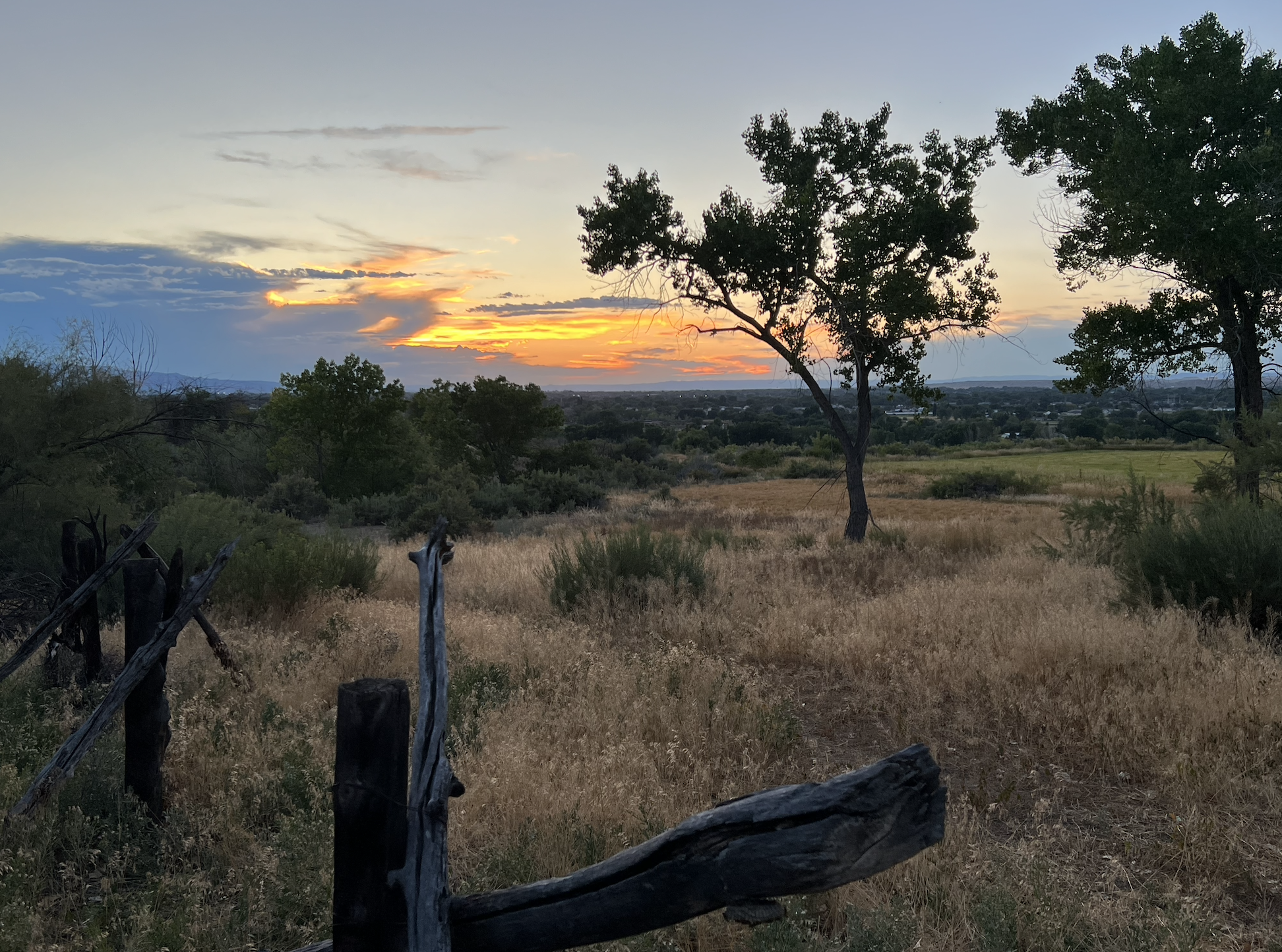Earlier today I was perusing a few of my old blog entries. I got curious, trying to remember when I started writing in this way. I learned it was the fall of 2006. I was happy to find that my first blog referenced my daughter Zoe, then 11, joining me for a planning meeting with colleagues. I suppose I’m happy because I’m just proud to be a Dad. In that instance, proud to be a Dad welcoming my daughter to some important work. And I’m missing her — Zoe is now 19 and completing a 3.5 month study abroad program. We will soon be catching up with each other face to face.
The second blog I wrote was about codes describing participative leadership, the body of perspectives and practices that so define my work and life. This blog referenced four layers that I heard from a new friend, Finn Voltoff, that felt true then, just as they do now. Leadership Development (or stakeholder engagement, or community development) is code for Participatory Methods (Open Space Technology, World Cafe, Circle, etc.). These methods are code for Hosting Conversations that Matter (working on what matters and what we care about). This hosting is code for living with consciousness, energy, and love. Finn had a way of speaking with complete simplicity. These learnings became more poignant later that fall. Finn died of a cancer. Abruptly.
Eight years later, I continue to appreciate simple narratives. They are the kind of things I like to speak at events and trainings, particularly at the beginning. I’m not talking now about the technical things. Nor the specific content or timing of an agenda. I’m talking about the stories and invitations that are simple enough to hold people through the entire event.
My friend Quanita Munday Roberson recently stirred my thinking on two of these narratives. One is from a Zen tradition that feels like total home to me. It is seven words. “Everything changes. Everything is connected. Pay attention.” Two, building on this Zen wisdom, are orientations of freedom that continue to ground me. “Pay attention to what has your attention. In anything is the everything.”
I think of both of these narratives as fruitful awarenesses to try on. Like glasses, to see what we can see, or what has been obscured from view yet always there. Or like workout clothes, to notice what our bodies can do, or have instinctively known would be good to do.
Everything changes. People. Circumstances. Thinking. Relationships. Our bodies. Cell-regeneration research declares relatively short periods for cells to replace themselves. Three weeks for surface lung cells! All without losing their function to keep us breathing while change happens. Flow is as real, or surprisingly more real, that constancy.
 Everything is connected. Again, people, relationships, systems. I love the reference point of the Aspen forest. What we see as a collection of many trees is one system of mostly hidden root connections occasionally popping us as a tree. I believe we humans life is more like Aspen life than most of us would guess.
Everything is connected. Again, people, relationships, systems. I love the reference point of the Aspen forest. What we see as a collection of many trees is one system of mostly hidden root connections occasionally popping us as a tree. I believe we humans life is more like Aspen life than most of us would guess.
Pay attention. It’s a requirement. Assumptions of constancy, or stagnancy don’t require much attention. But change does. Movement does. Think of birds flocking. I’m aware that there are some simple rules that can create the complex behavior of flocking, but I imagine those birds live with a kind of keen, essential alertness.
Pay attention to what has your attention. Isn’t this a great freedom. When Quanita asked me to participate in a series of interviews that she is engaging, “Presentations of Learning,” I immediately gave myself the criteria of starting with what has my attention. I don’t need to work at it. It’s already there. It would be rare to feel nothing has my attention. It could be pain. It could be boredom. But something naturally has my attention.
In the anything is the everything. I know this great freedom through another friend. With this friend, we are periodically able to spend time together. A couple of days. Some is play. Some of that is work. Some of that is deep conversation. Some of it is being silly. It’s always been easy with this friend, I believe, because we both share this orientation of freedom. It’s great to have choice. I will always stand for this. However, when I let myself believe that in the anything is the everything, I don’t have to fret so much about being in the right thing. Connected. Like Aspens.
In her book Storycatcher, Christina Baldwin writes, “Life hangs on a narrative thread. This thread is a braid of stories that inform us about who we are, and where we come from, and where we might go. The thread is slender but strong: we trust it to hold us and allow us to swing over the edge of the known into the future we dream in words.”
Simple narratives. That can hold a group. That tell the truth, as well as we know it.
